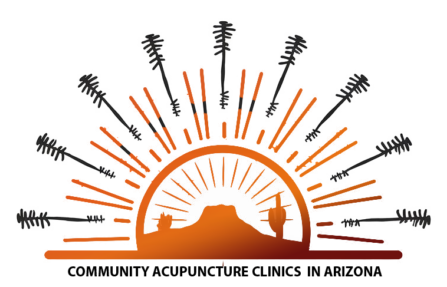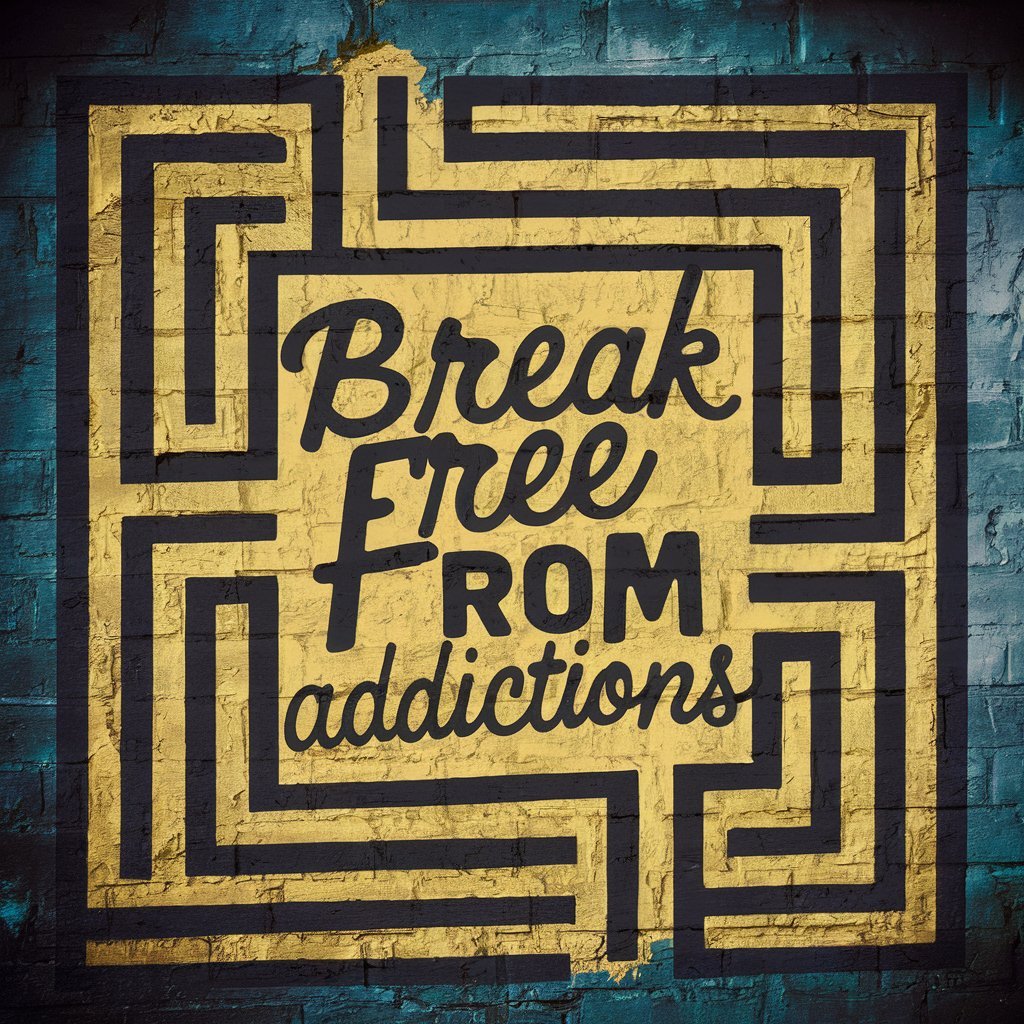Introduction to Acu-Detox and NADA Treatments
Acu-Detox, short for Acupuncture Detoxification, is an innovative treatment method designed to aid individuals dealing with addiction, drug and alcohol dependency, and trauma. This technique employs the principles of traditional Chinese medicine, utilizing specific acupuncture points to promote detoxification and emotional well-being. Developed in the 1970s, Acu-Detox has since gained recognition in both medical and holistic health communities for its efficacy and non-invasive nature.
The National Acupuncture Detoxification Association (NADA) protocol is a standardized form of Acu-Detox. The NADA protocol involves the insertion of fine, sterile needles into five specific points on each ear. These acupuncture points, including the Sympathetic, Shen Men, Kidney, Liver, and Lung points, are strategically selected to address various aspects of addiction and trauma. The treatment is designed to help reduce cravings, alleviate withdrawal symptoms, and support emotional balance and relaxation.
Historically, the NADA protocol was developed by Dr. Michael Smith at Lincoln Hospital in the Bronx, New York. Dr. Smith’s work in the 1970s focused on finding alternative treatments for addiction that were both effective and accessible. His pioneering efforts led to the formal establishment of NADA, which has since trained thousands of practitioners worldwide in this protocol.
In practice, Acu-Detox and the NADA protocol are often employed in community acupuncture clinics as part of comprehensive addiction and trauma recovery programs. Patients typically report a range of benefits from these treatments, including reduced anxiety, improved sleep, and enhanced overall well-being. These outcomes are attributed to the ability of acupuncture to promote the release of endorphins and regulate the body’s natural energy flow, thereby supporting holistic recovery.
As the understanding of addiction and trauma evolves, the integration of Acu-Detox and NADA treatments into recovery programs continues to grow. Their recognition by both the medical community and holistic health practitioners underscores their value as supportive therapies in the journey towards healing and recovery.
Community Acupuncture Clinics in Arizona
Community acupuncture clinics in Arizona are playing a pivotal role in offering Acu-Detox and NADA treatments, providing accessible and affordable options for individuals grappling with addiction and trauma. These clinics are strategically located across various regions in Arizona, ensuring that a broad spectrum of individuals can benefit from these holistic therapies.
Among the prominent clinics, the Arizona Healing Center in Phoenix stands out for its comprehensive Acu-Detox programs. Their approach combines traditional acupuncture with the National Acupuncture Detoxification Association (NADA) protocol, which has shown significant success in helping patients manage withdrawal symptoms and emotional stress. Meanwhile, Tucson Community Acupuncture offers sliding scale payment options, making these treatments accessible to individuals from diverse economic backgrounds.
In Northern Arizona, Flagstaff Acupuncture integrates community support with their NADA treatments, fostering an environment of collective healing. They emphasize group sessions, where patients can share their experiences and support each other through the recovery process. This not only enhances the effectiveness of the treatments but also builds a strong community network among patients.
Typically, the cost of treatments in these community clinics is kept low to ensure broader accessibility. Most clinics offer treatments on a sliding scale, with prices ranging from $15 to $50 per session. Many also provide additional support programs, such as counseling and group therapy sessions, aimed at addressing the underlying causes of addiction and trauma. These programs are crucial, as they offer a holistic approach to recovery, combining physical, emotional, and psychological support.
The importance of community support in the healing process cannot be overstated. These clinics not only offer medical treatments but also create a nurturing environment where patients can connect with others facing similar challenges. This sense of community and mutual support significantly contributes to the overall well-being and recovery of patients, making these clinics an indispensable resource in the fight against addiction and trauma.


